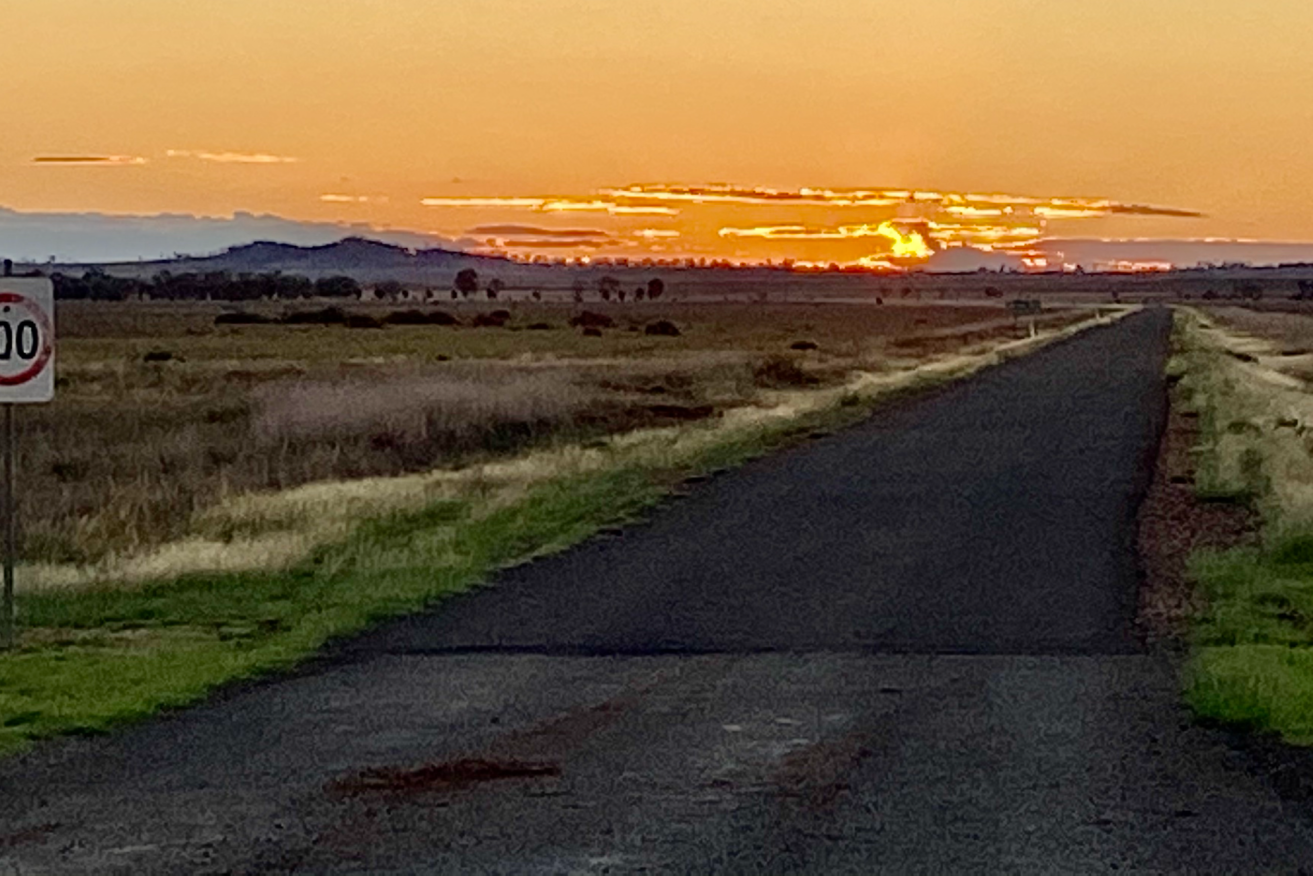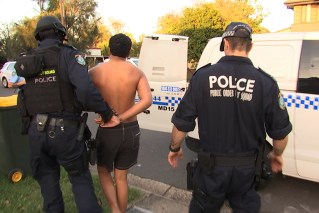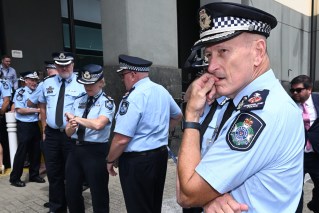Give me land, lots of land – one in three want a tree change, but job comes first
A survey commissioned as part of an inquiry into regional Australia has found one in three people are now open to a tree change – but the practicalities are more important than the country ideals.

The Select Committee on Regional Australia is due to report by the end of next month. Its interim report was unable to be delivered due to consultation being hampered by the impact of the bushfires and ensuing pandemic.
The committee recently conducted a survey of metropolitan attitudes towards regional Australia and found more than a third of people had changed their thinking since COVID-19.
While the health risks in crowded areas only strengthened the resolve of some people to go bush, others were concerned by the lack of services should they require help.
Almost 78 per cent of respondents had considered moving to a regional, rural or remote area to live, many motivated by the possibility of working from home somewhere else.
Factors behind a potential tree change were ranked by importance, with work-life balance at the top of the list followed by employment opportunities and access to services. Less crowded townships and larger block sizes were least important.
Asked what could make a tree change happen, respondents nominated job security as the priority, followed by access to services including fast and reliable internet for anyone working from home.
“The first thing we do is contact local (internet) providers to get realistic speeds – shockingly slow, we could not work there,” one respondent said.
The committee, which is looking at all of Australia, is likely to recommend the types of upgrades needed to draw people out of the cities. The survey found public transport links to larger centres and healthcare were also in demand.
“I think those of us in the city have looked longingly at the freedom and simplicity of regional areas; the lack of proper healthcare outside the capital cities however has been thrown into tragically sharp focus,” one respondent said.
On the plus side, the pandemic has finally seen tele-health embedded in primary care, while the Palaszczuk government has promised satellite hospitals on Brisbane’s booming fringe, potentially reducing the need for people to travel into the inner-city for treatment.
The survey found a third of respondents were willing to consider a move to somewhere that was a three-hour drive or more away from a capital city, while a similar proportion would prefer between two and three hours.
“Regional train services in Australia are generally poor in frequency, or non-existent,” one respondent said.
“Toowoomba to Brisbane for example is just two trains weekly in each direction. Anywhere else in the world a city of 100,000+ 125km from a city of 100,000+ would have a train service thus: on the hour, in the hour, every hour.”
The proponents behind south-east Queensland’s bid for the 2032 Olympics have talked of massive infrastructure upgrades including, potentially, high-speed train links between Brisbane and Toowoomba.












